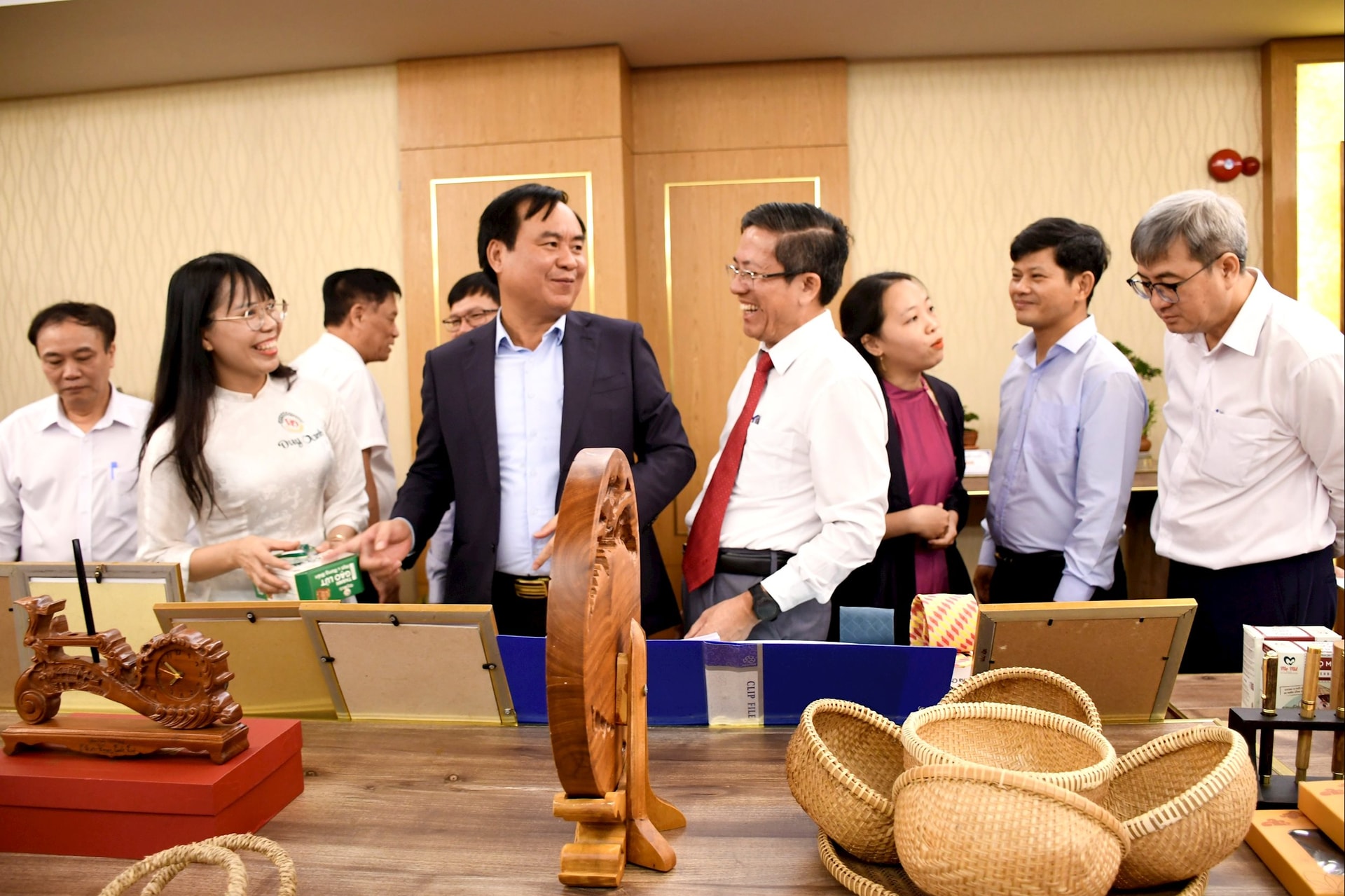
Deputy Minister of Agriculture and Environment Vo Van Hung; Vice Chairman of Da Nang City People's Committee Tran Nam Hung attended the conference.
Ms. Nguyen Thi Hoang Yen, Deputy Director of the Department of Economic Cooperation and Rural Development (Ministry of Agriculture and Environment) said that rural industries and traditional craft villages have long been an indispensable part of the economic and cultural structure of rural Vietnam.
In Vietnam, each craft village is a “living museum” preserving the quintessence of ancient crafts, a space imbued with regional identity and also a place to create livelihoods for millions of rural workers. Behind each handicraft product is the passion of many generations of artisans, the character of Vietnamese people rising up with their own hands.
Decree No. 52 dated April 12, 2018 of the Government on rural industry development has created an important and more synchronous legal framework for this field. After 6 years of implementation, the decree has contributed to unleashing the potential and positive changes in rural industry development.
Institutions and policies have been initially specified at all levels; many provinces and cities have issued practical support plans and policies, while focusing on integrating with new rural construction and OCOP development.
Thousands of craft villages and production facilities have been recognized, supported in upgrading technology, promoting trade, building brands and connecting with domestic and international markets.
Many promotional activities have been organized from the central to local levels such as: Vietnam Craft Village Festival, regional OCOP fairs, creative craft design weeks... which have initially created the image of a Vietnamese brand rich in identity and dynamic integration.
However, in addition to the achieved results, the implementation of Decree No. 52 has revealed many shortcomings in criteria and policies for investment, credit, training, environmental protection, intellectual property protection and promotion of innovation.
The development of rural industries is still not commensurate with its potential; many craft villages are still struggling with the problem of increasing added value, innovating technology, developing sustainably and accessing the global market.
Therefore, it is necessary to have a comprehensive and objective assessment of the implementation results of Decree No. 52. From there, recommendations can be made to adjust and improve legal policies, aiming at the goal of "greener - more digital - reaching further" in the development of rural industries in the new period.
.jpg)
Speaking at the conference, Deputy Minister of Agriculture and Environment Vo Van Hung said that the Ministry of Agriculture and Environment proposed the Government to allow amendments and supplements to Decree No. 52 with orientations to perfect institutions towards increasing feasibility, concretizing the mechanism of decentralization - delegation of power to localities, building a set of criteria for sustainable craft villages; integrating green development goals, circulation, digitalization and innovation.
Repositioning the role of craft villages not only as traditional cultural and economic spaces, but also as pillars of rural livelihoods, centers of cultural and creative tourism, and bridges for global trade integration.
Amending and supplementing support policies towards enhancing public-private cooperation in investment in craft village infrastructure, green credit, support for domestic and international intellectual property registration, digital transformation, e-commerce and logistics.
Encourage localities to build databases and digital maps of craft villages; promote the construction of regional innovation and design centers, link vocational training with vocational transmission, national skill standards, digitize vocational simulation models, etc.
Source: https://baodanang.vn/tim-giai-phap-tiep-tuc-bao-ton-va-phat-trien-lang-nghe-3303631.html


![[Photo] Solemn opening of the 12th Military Party Congress for the 2025-2030 term](https://vphoto.vietnam.vn/thumb/1200x675/vietnam/resource/IMAGE/2025/9/30/2cd383b3130d41a1a4b5ace0d5eb989d)

![[Photo] President Luong Cuong receives President of the Cuban National Assembly Esteban Lazo Hernandez](https://vphoto.vietnam.vn/thumb/1200x675/vietnam/resource/IMAGE/2025/9/30/4d38932911c24f6ea1936252bd5427fa)
![[Photo] The 1st Congress of Phu Tho Provincial Party Committee, term 2025-2030](https://vphoto.vietnam.vn/thumb/1200x675/vietnam/resource/IMAGE/2025/9/30/1507da06216649bba8a1ce6251816820)

![[Photo] Panorama of the cable-stayed bridge, the final bottleneck of the Ben Luc-Long Thanh expressway](https://vphoto.vietnam.vn/thumb/1200x675/vietnam/resource/IMAGE/2025/9/30/391fdf21025541d6b2f092e49a17243f)
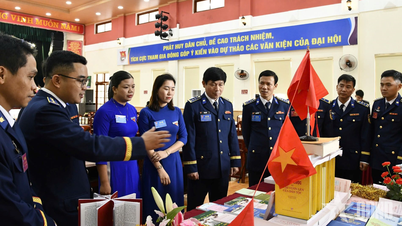



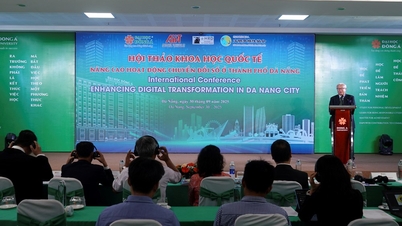


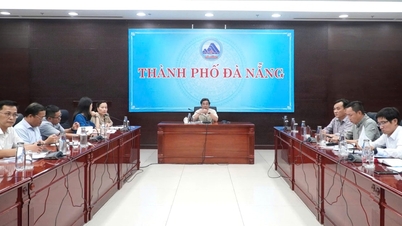


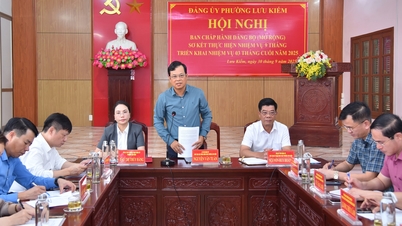

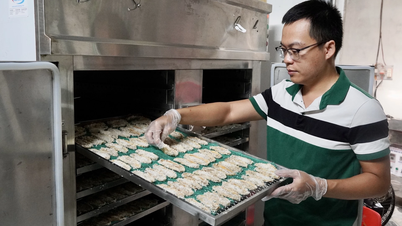

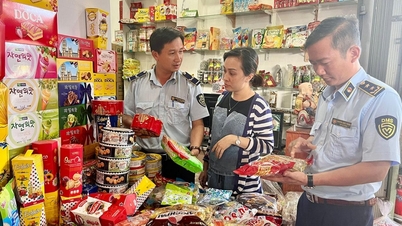


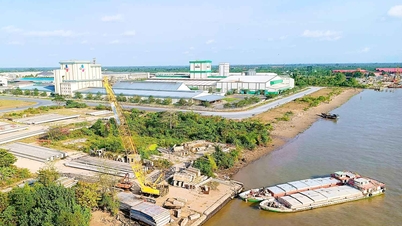

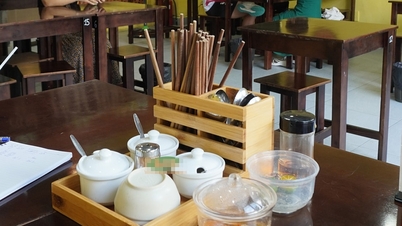





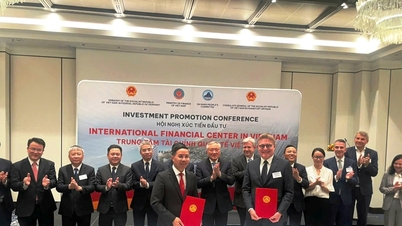
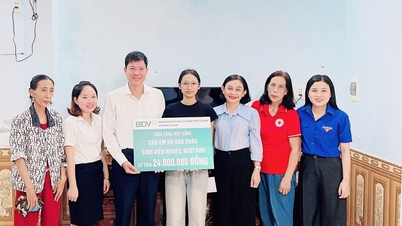
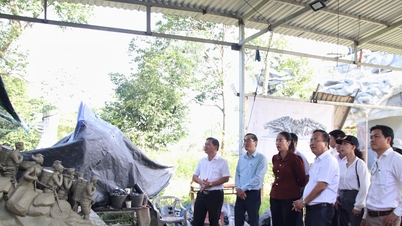
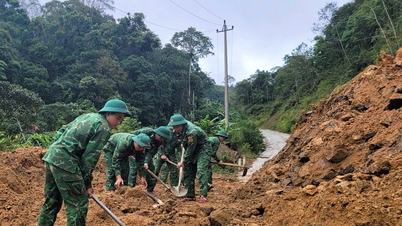

![[Photo] General Secretary To Lam, Secretary of the Central Military Commission attends the 12th Party Congress of the Army](https://vphoto.vietnam.vn/thumb/1200x675/vietnam/resource/IMAGE/2025/9/30/9b63aaa37ddb472ead84e3870a8ae825)




















































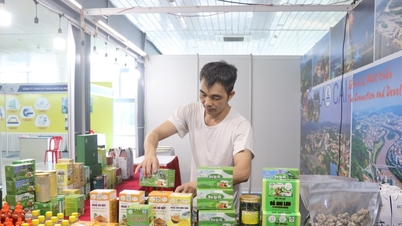













Comment (0)